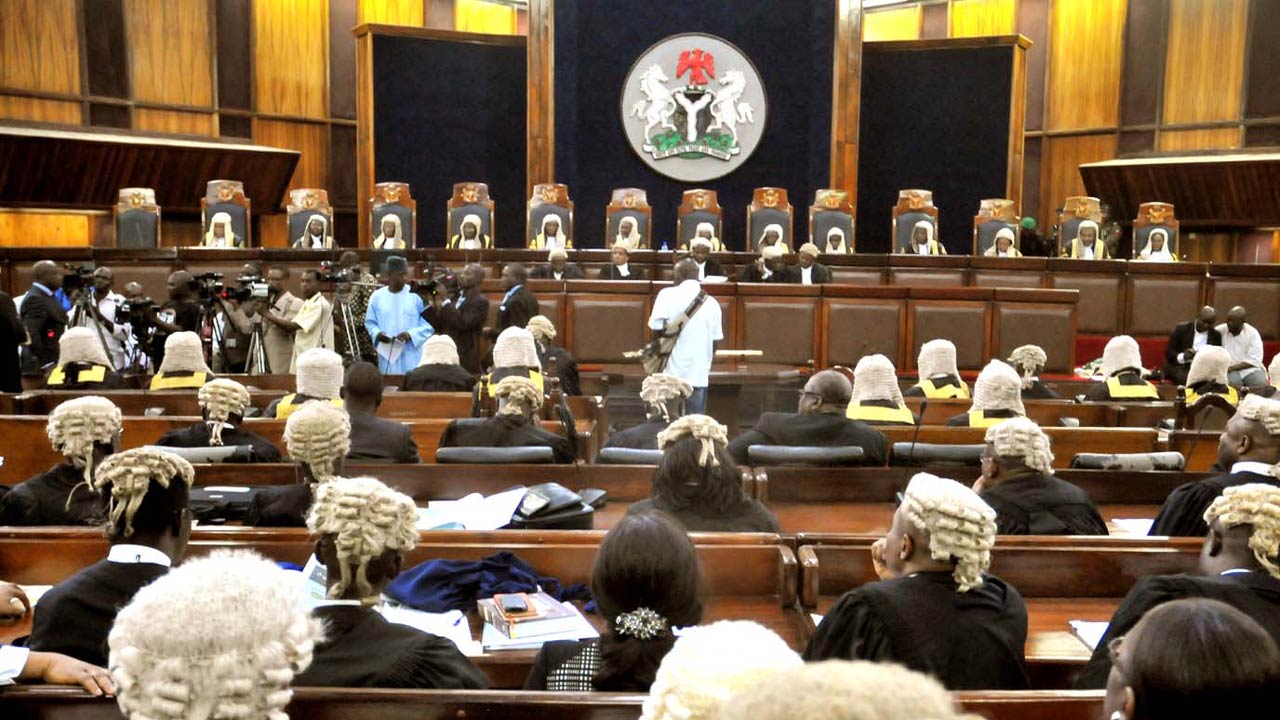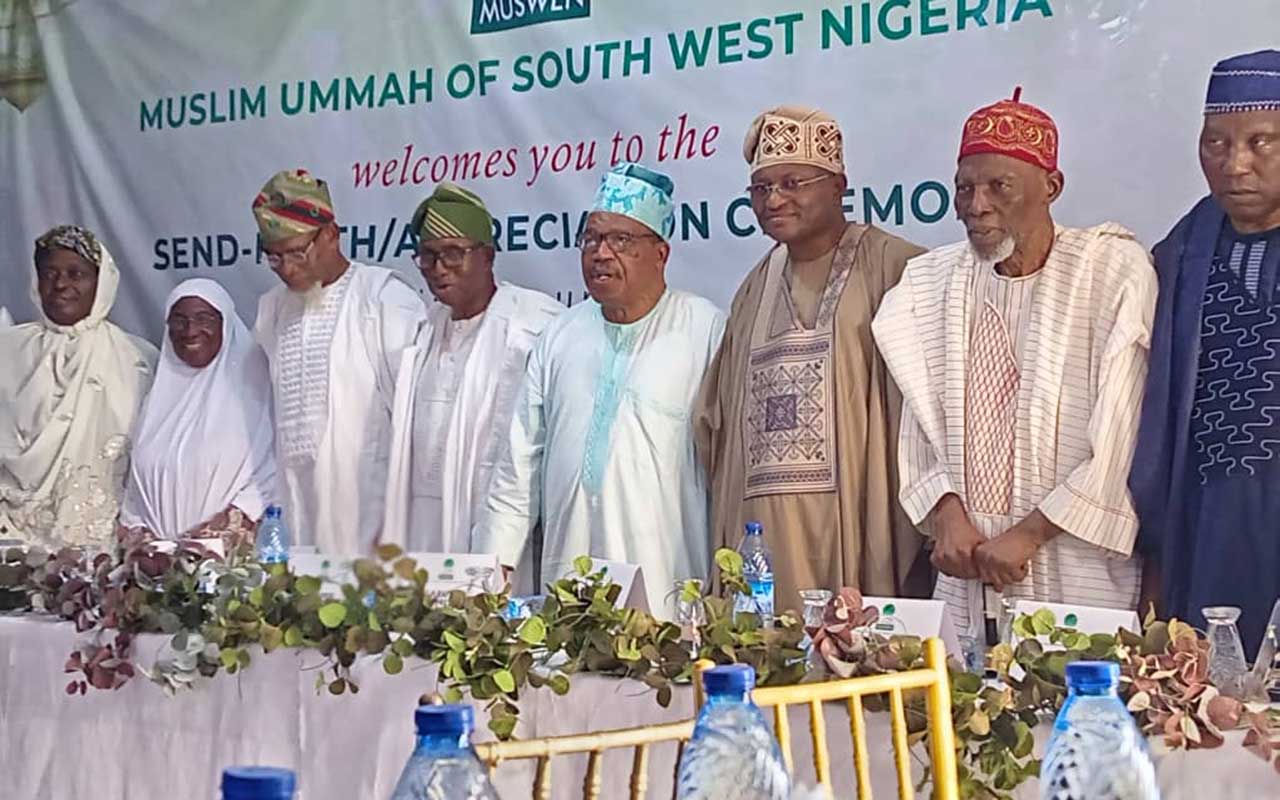
ONE grotesque reality in Nigeria’s current Eighth National Assembly is the fact that there are only 21 women legislators, out of a total of 469 members of parliament. Perhaps, it was this disturbing scenario across Africa that prompted US President, Barrack Obama to give a profound admonition during his recent visit to Kenya. Obama made it clear that to continue down the road of progress, it will be vital to recognize that no country can achieve its full potential unless it draws on the talents of all its people and that must include half of the population who are women and girls.
For Nigeria, a country with a vibrant population of knowledgeable, strong, enterprising and competent women, it amounts to a huge loss that a significant number of citizens are being denied a voice in the political process. Civil society has been emphatic on the need to open up the democratic space to allow for greater participation of marginalized groups. This task makes it imperative to for both state and non-state actors to have a holistic understanding of the causative factors hampering the participation of women and other marginalized groups in Nigeria’s political system.
Electoral violence is one problem that has been identified as a stumbling block to robust participation of women in the political process and in governance. Violence against women in elections could be overt or subtle; beyond violence that does physical harm, there is violence manifesting in terms of gender based hate speech, with the sinister aim of deterring women from presenting themselves as candidates or voting elections.
These are realities within the Nigerian system that call for a close study. But to study the phenomenon of violence against women in elections, data is needed to understand the trends. Data driven efforts at stemming the tide of violence against women in elections would ensure that intervention and advocacy efforts, are made against a background of solid evidence.
This is the perspective driving the Violence Against Women in Elections (VAWIE) project, which was recently launched in Washington and then in Abuja by the National Democratic Institute (NDI). The project will be implemented in the off-cycle gubernatorial elections of Kogi, Bayelsa and Edo states. The project seeks to collate data around incidences of violence that prevents women from active participation in the electoral process and politics in general. Data documented will help in the development of mitigating strategies, which will lead to a greater participation of women in the political process.
According to the project design, NDI will be partnering with the International Federation of Female Lawyers (FIDA) to implement the project activities. FIDA is a network of women lawyers with offices in all the 36 states of Nigeria including the Federal Capital Territory. The organization works to protect and advocate for the rights of women, and was very instrumental in the advocacy that led to the passage of the Violence Against Person’s Prohibition Bill (VAPP).
The project seeks to address the challenge of lack of data on violence against women in elections by tracking cases of VAWIE during the off-cycle governorship elections to hold in Kogi and Bayelsa in November and December. Although a significant number of cases of VAWIE occur in the private domain, making it difficult for observers to track, the project seeks to use focus group conversations, as well as the use of a citizen’s hotline to collect data. The VAWIE project would also depend on data from the deployment of the globally tested Quick Count methodology by the Transition Monitoring Group (TMG), which is already set to use the methodology to observe the governorship elections in Kogi and Bayelsa. TMG’s Quick Count structures made of long term pre-election observation (PREO) and Election Day observers will be responsible for structured data collection (PREO Reports and incidence reporting) on violence against women in the pre-election period, Election Day and post-election periods of the Kogi and Bayelsa elections.
Another dimension of the project is the use of a celebrity ambassador, who will serve as the face of the project for the Kogi and Bayelsa elections. Stephanie Linus a Nollywood Star a celebrity who is passionate about women rights has been engaged for the role. The Stop-VAWIE Ambassador will create awareness around the project and elicit the support of different segments of society to report cases of violence against women during the elections.
At the launch of the Stop VAWIE project at the Transcorp Hilton, Abuja recently, women groups, and development partners stressed the need to begin addressing the problem of VAWIE with a sense of urgency. The United States Agency for International Development (USAID)/Nigeria Peace and Democratic Governance Director, King Blair remarked that while hard data on the number of cases of violence against women is difficult to come by, the security of women going out to vote or be candidates is a significant concern. He said due to violence targeted at them, women will stay clear of polling units on Election Day as they would always be concerned for their safety and security.
King observed that in spite of the dramatic reduction in election and post-election day violence during the 2015 polls, cases of intimidation of women voters and candidates continue to be reported on an ad hoc basis.
“Stop VAWIE seeks to address the lack of adequate systematic information by collecting data during the off-cycle elections and providing response support. Building on the recent (2015) elections’ positive trend, we are confident that Stop VAWIE will raise awareness and decrease violence and intimidation that women encounter as candidates and voters for the upcoming gubernatorial elections in Kogi, Bayelsa and Edo States.”
On her part, the VAWIE Ambassador, Stephanie Linus was of the view that to end to violence against women, there was a need for all stakeholders to make a firm demand by putting it on the agenda of Nigeria’s national conversation. She lamented that there have been horrible stories of violence meted against women during elections.
“We’ve heard of women who have been divorced by their husbands just because they wanted to run for a political office; we’ve heard of a woman who was beaten and almost stripped naked in public because of her support for a political party and so much more. One of the challenges we are facing is that these incidences have not been properly documented, and that’s where the Stop VAWIE Project comes in.”
The VAWIE celebrity ambassador harped on the need to educate the next generation of female leaders to help them understand that anything less than equality for the female gender is unacceptable.
“In order to achieve these goals, we need strategic partnerships with the media, telecoms companies, skilled professionals, security agencies, legal practitioners, faith based organisations and more to assist with advocacy, training and empowerment. This is not a fight for the women alone. We also need the men’s support. The men need to lend their voices in a strong way to this campaign because what affects the woman affects the greater society. I must also add that this is not just about women getting into politics. This is about addressing a wrong that has been done to the women folk. We need everyone to be more socially conscious about what is happening in the political scene.”
Adding his thoughts to the conversation, the Nigeria Country Chief of Party, NDI, Jasper Veen, expressed the view that if a democracy is to deliver on its promise, it must be able to count on the contributions of all its citizens. This, he said cannot happen if women and girls are prevented whether by law or tradition from full participation in the political life.
“We all know the deplorable state of women representation in Nigeria. The 2011 elections marked a regression in women representation. And just as we thought it couldn’t get any worse, the 2015 elections saw an even further regression. But perhaps we should ask ourselves whether the issue is appropriately addressed in Nigeria.”
While urging all groups concerned about the negative impacts of VAWIE to move beyond endless debates and rhetoric, Veen said the Stop VAWIE campaign that seeks to identify whether women are denied their rightful place in electoral participation.
“This stop VAWIE campaign has three objectives: collate data on violence against women in the off-cycle gubernatorial elections, create awareness based on the collected data and engage relevant stakeholders to develop mitigating strategies,” he said.






